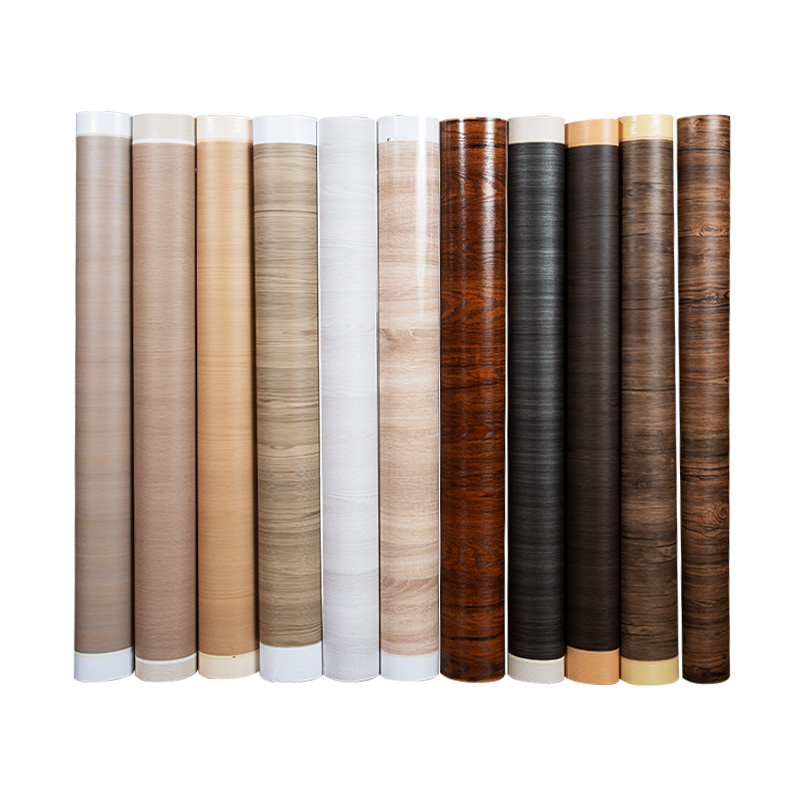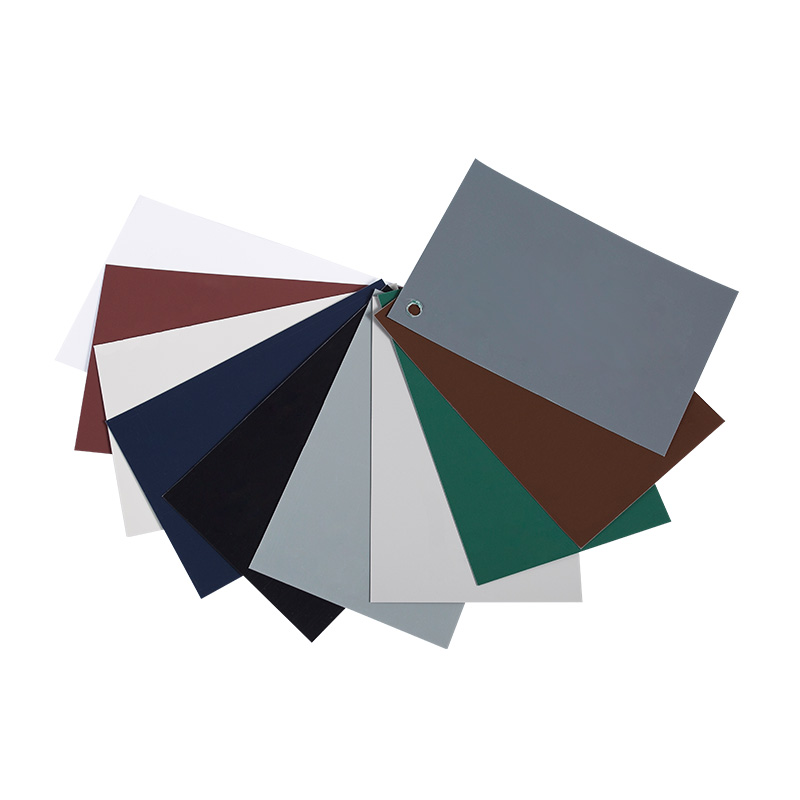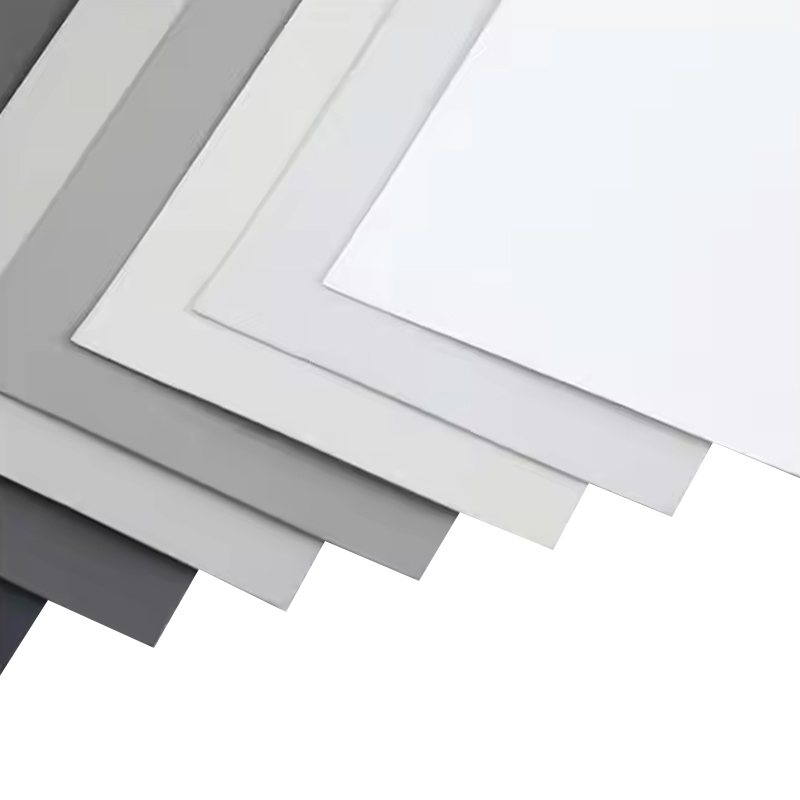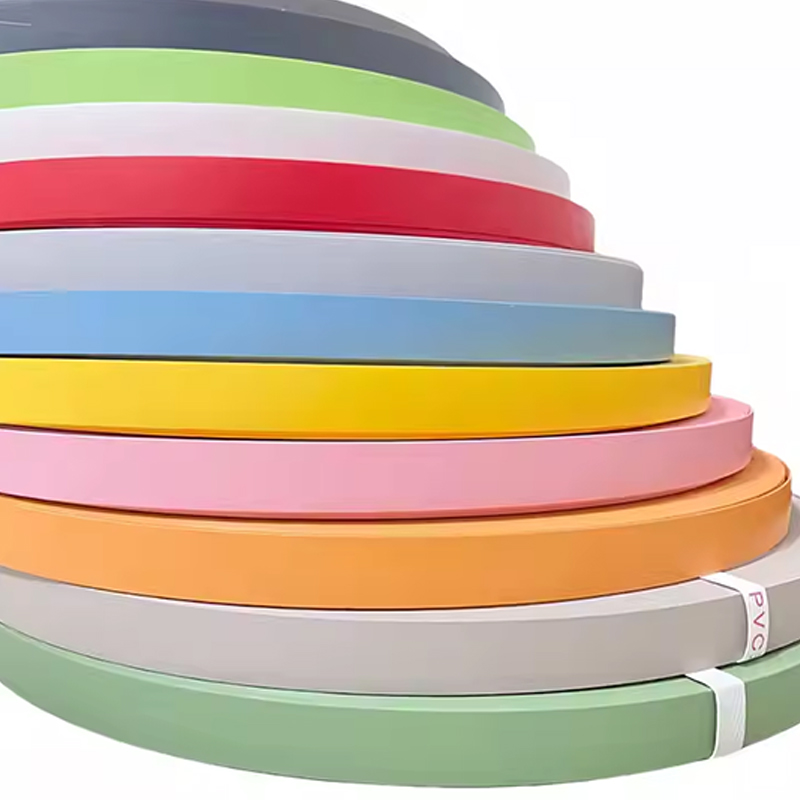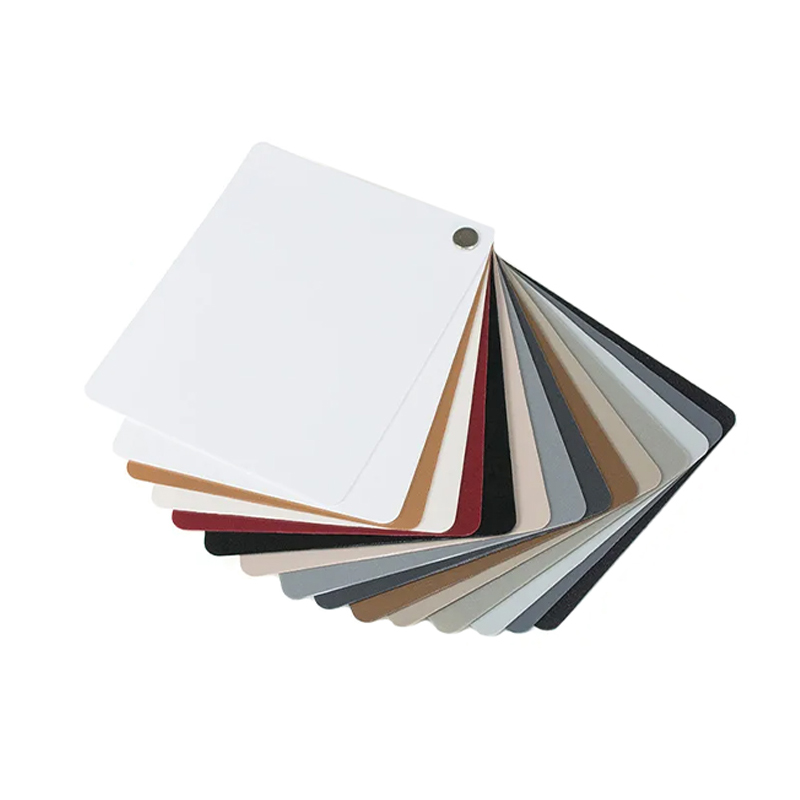Resistance of PP Flooring Film to Moisture, Chemicals, and UV Exposure
2025-10-14
Polypropylene (PP) flooring film is widely used as a temporary protective layer for floors during construction, renovation, or painting projects. One of its most valuable properties is its resistance to various environmental factors, which ensures it provides reliable protection without compromising the underlying surfaces.
1. Moisture Resistance
PP flooring film exhibits excellent resistance to moisture due to the hydrophobic nature of polypropylene. Unlike materials that absorb water, PP does not allow moisture to penetrate, which prevents damage such as warping, staining, or swelling on sensitive floor surfaces like wood, laminate, or engineered stone. This makes PP flooring film particularly suitable for indoor applications where accidental spills, water splashes, or wet cleaning may occur. While it is highly water-resistant, it is important to note that prolonged exposure to standing water may still pose slipping risks. Nonetheless, for most construction and renovation scenarios, PP flooring film acts as a dependable moisture barrier.
2. Chemical Resistance
Another significant advantage of PP flooring film is its strong resistance to a wide range of chemicals. Polypropylene is inherently stable when exposed to many acids, alkalis, and common industrial solvents. This chemical resistance allows the film to protect floors in environments where minor spills or exposure to cleaning agents, paint solvents, or other chemicals are likely. While strong oxidizing agents or certain harsh chemicals may eventually degrade the material, PP flooring film can withstand most chemicals typically encountered in residential, commercial, or industrial projects without losing its protective properties.
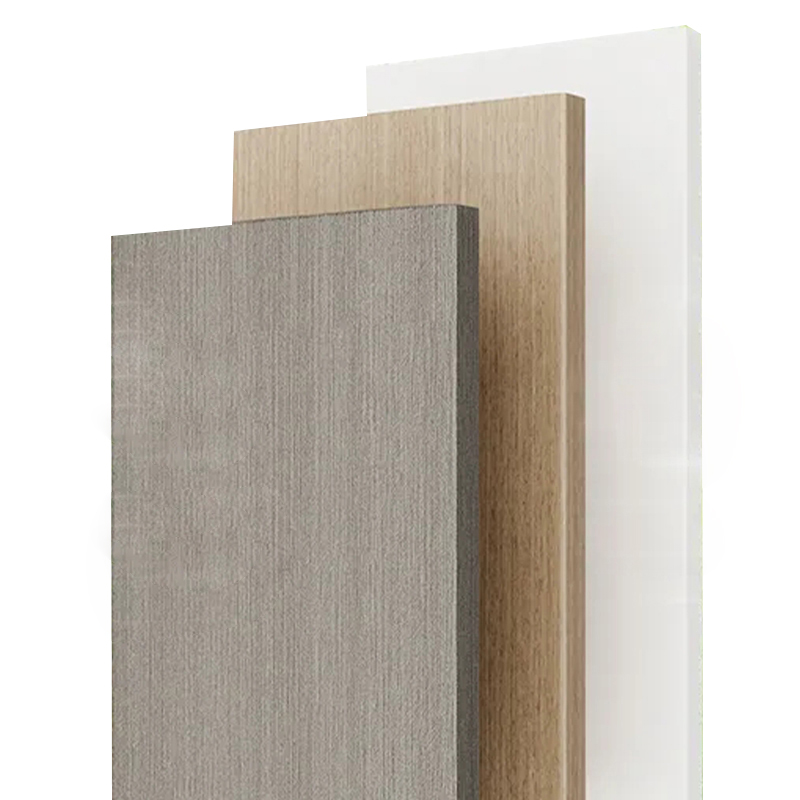
3. UV Resistance
Standard PP flooring films, however, have limited resistance to ultraviolet (UV) light. Prolonged exposure to direct sunlight can lead to gradual discoloration, brittleness, and a reduction in tensile strength. This means that for outdoor projects or areas with significant sunlight exposure, regular PP films may not maintain their durability over extended periods. To address this, UV-stabilized PP flooring films are available on the market. These variants are specially treated to resist degradation from sunlight, making them suitable for temporary protection of outdoor surfaces, terraces, or areas with large windows that allow sunlight to enter.
Conclusion
In summary, PP flooring film provides a highly reliable protective solution due to its excellent moisture resistance and strong chemical resistance. While UV exposure can affect the film over time, using UV-stabilized options extends its lifespan for outdoor or sun-exposed applications. This combination of properties makes PP flooring film a versatile and cost-effective choice for protecting floors during construction, painting, renovation, or industrial operations, helping to maintain surface quality and reduce the risk of damage.
Recommended Articles
-
1.1 What is PP Decorative Film? PP decorative film is a type of surface material made primarily from polypropylene, a versatile and widely used thermoplastic po...
View More -
Is your furniture looking tired, outdated, or damaged? Imagine transforming it effortlessly into something stunning, durable, and uniquely yours. Enter PVC deco...
View More -
1.Introduction Edge banding is a crucial finishing process used in woodworking and furniture manufacturing to cover and seal the exposed sides of materials such...
View More


 English
English Español
Español عربى
عربى



